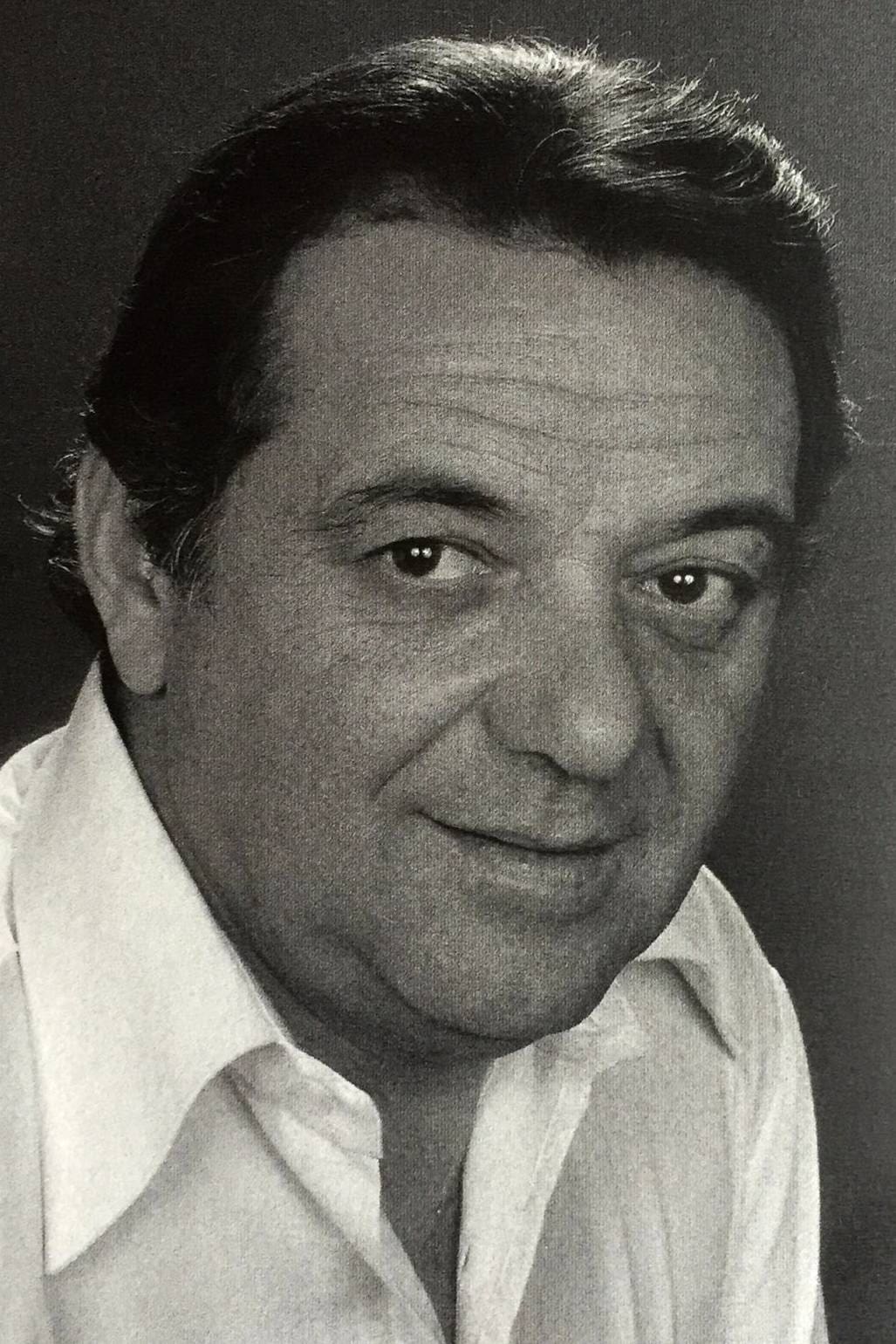

In this suspense story, the main character, Johann Neudorff, immigrated to Argentina from Germany after World War Two, and has become a successful businessman there. He is unconcerned with the nature of the government there, which at the time of this film (1978) is a military dictatorship. His comfortable existence is disrupted when he discovers that his beloved daughter Laura has become the lover of a political activist who is on the military's hit list. When his daughter is kidnapped, Johann attempts to use his government connections to free both her and her lover. However, his son Alfredo undermines his efforts, and Johann himself is incarcerated in a military prison, but not before he discovers that his daughter and her lover are both dead, killed by the regime.
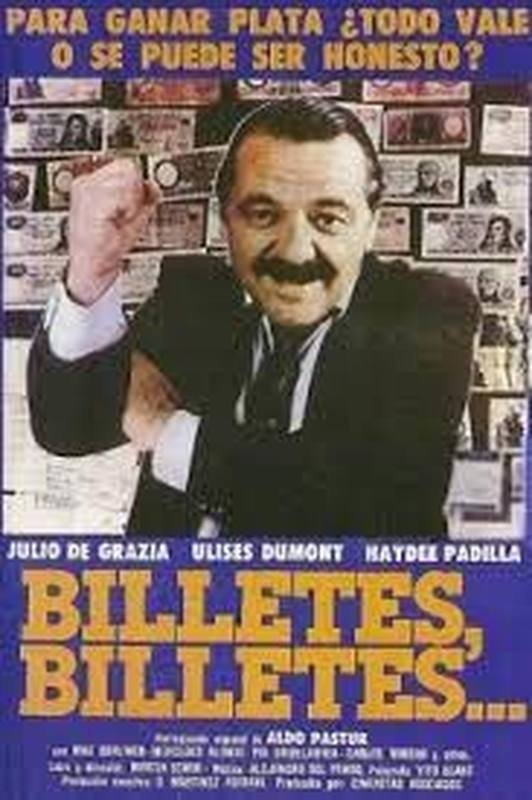
A merchant who is a good father has no scruples to earn money and engage in a business that harms the State.
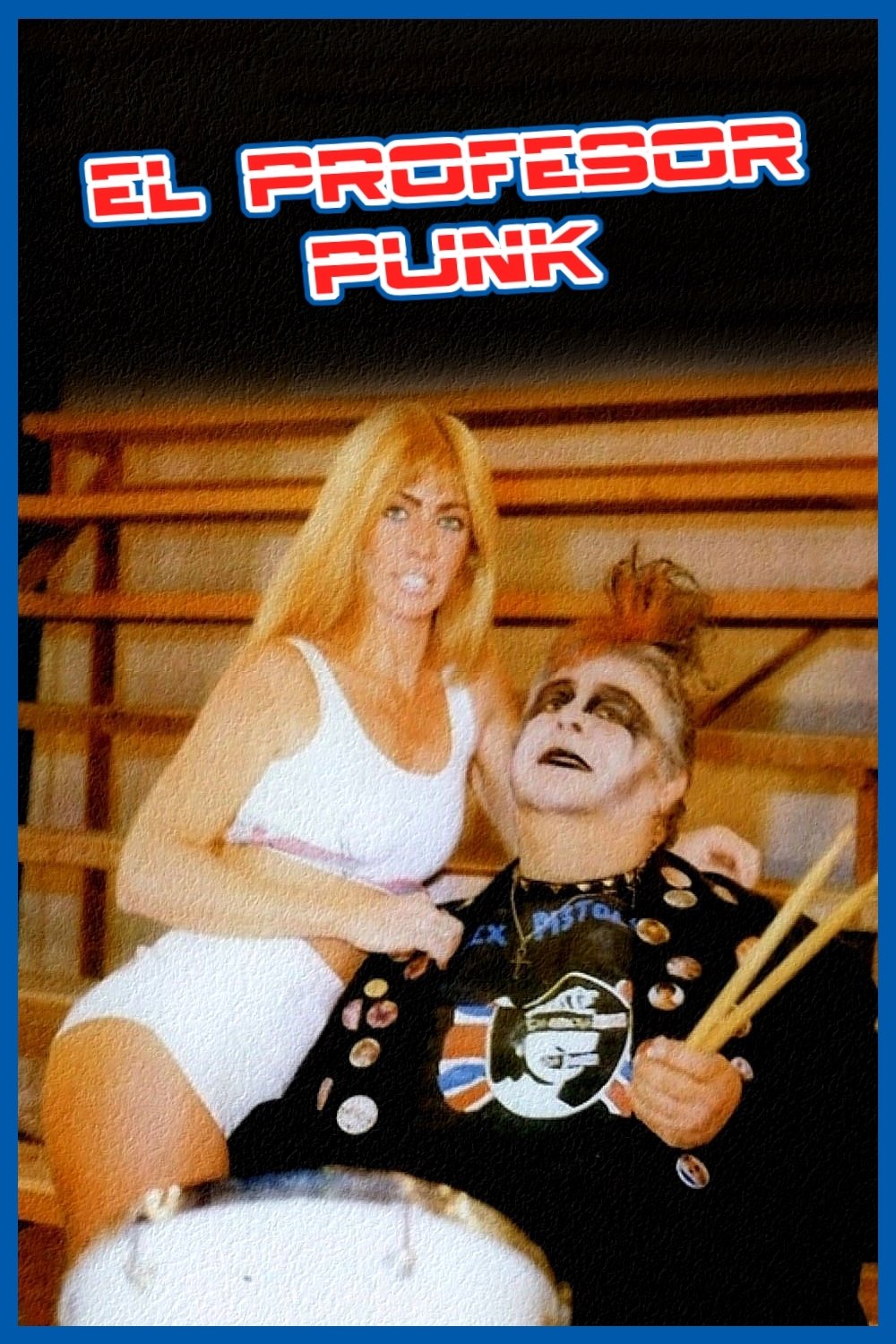
Pancurulo is a lovable and unorthodox high school music teacher who accompanies his students to a camp. Two escapees will arrive at that place looking for a hidden treasure.
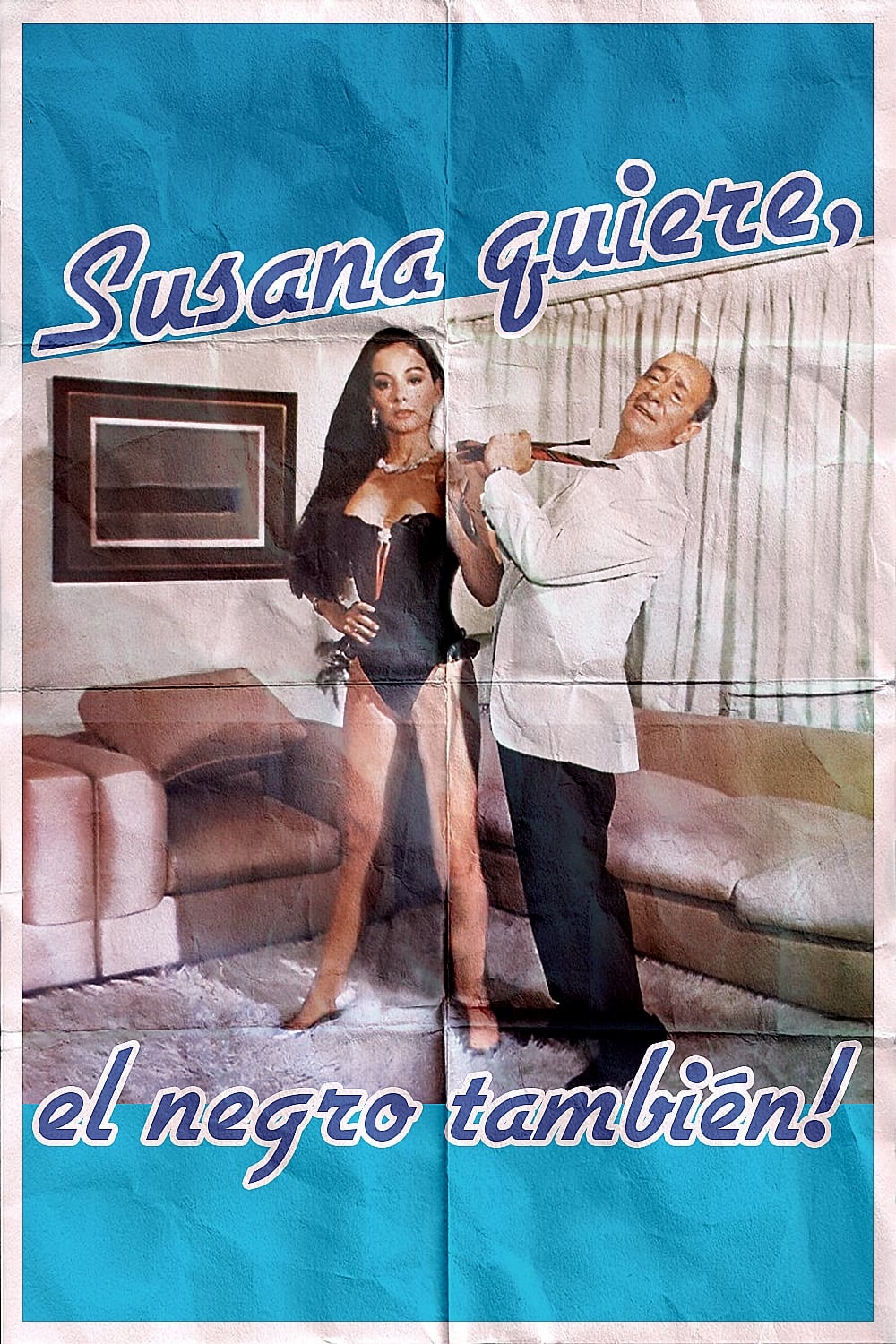
A prostitute and her homosexual friend arrive from the interior and meet a widowed man.
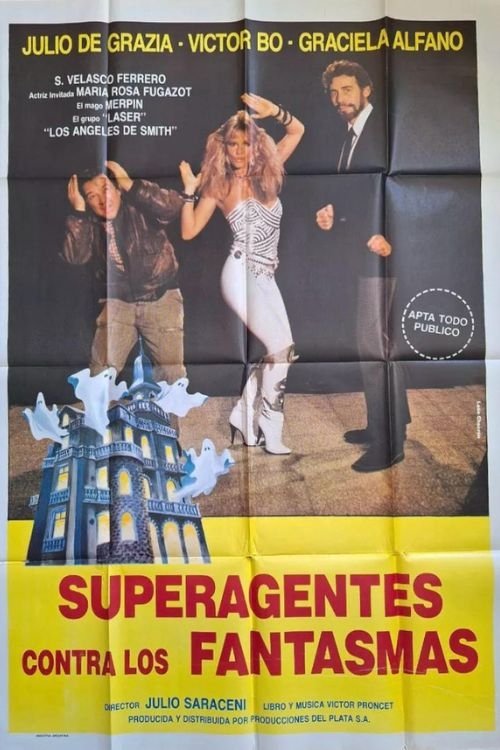
Behind a castle supposedly inhabited by ghosts hides a secret laboratory.
While searching for the theme for his new novel, a writer interacts with various characters with whom he interacts.
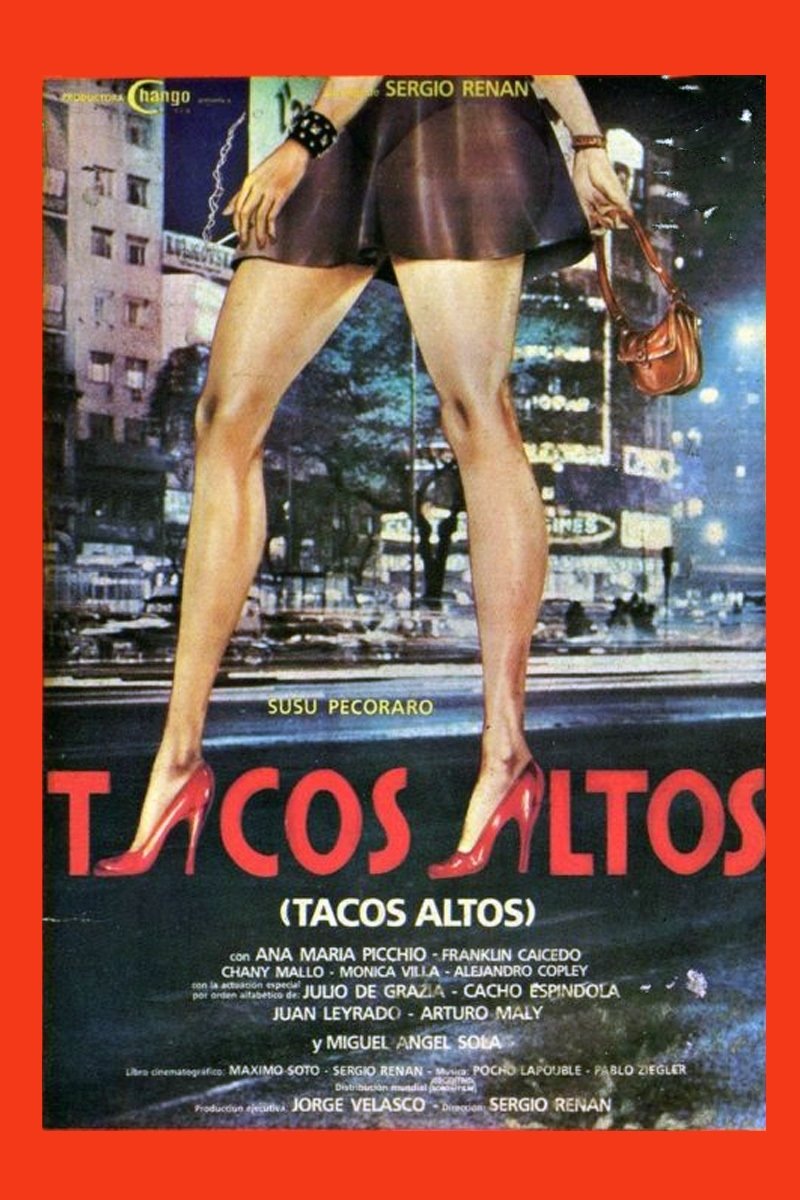
A prostitute falls in love with a painter with whom she believes she can save her life.

Describes the internal life of a girls' school from families of strong economic position that traditionally, laziness or comfort transferred to various educational institutions responsible for the moral, intellectual, social and spiritual girls used to a life without problems, the most with terrible examples of marital relationship and behavior of their parents. Thus fall into emotional chaos, led to drugs, violence, prostitution and sexual deviations.
Julio De Grazia was born on July 14, 1920 in Buenos Aires, Argentina. He was an actor and director, known for Tiempo de revancha (1981), Esperando la carroza (1985) and El arreglo (1983). He was married to María Estela Lorca. He died on May 18, 1989 in Buenos Aires after battling deep depression and loneliness, he committed suicide by shooting himself.
By browsing this website, you accept our cookies policy.